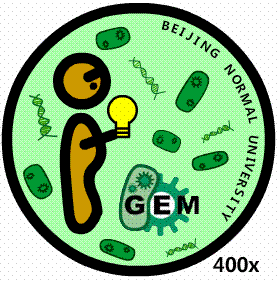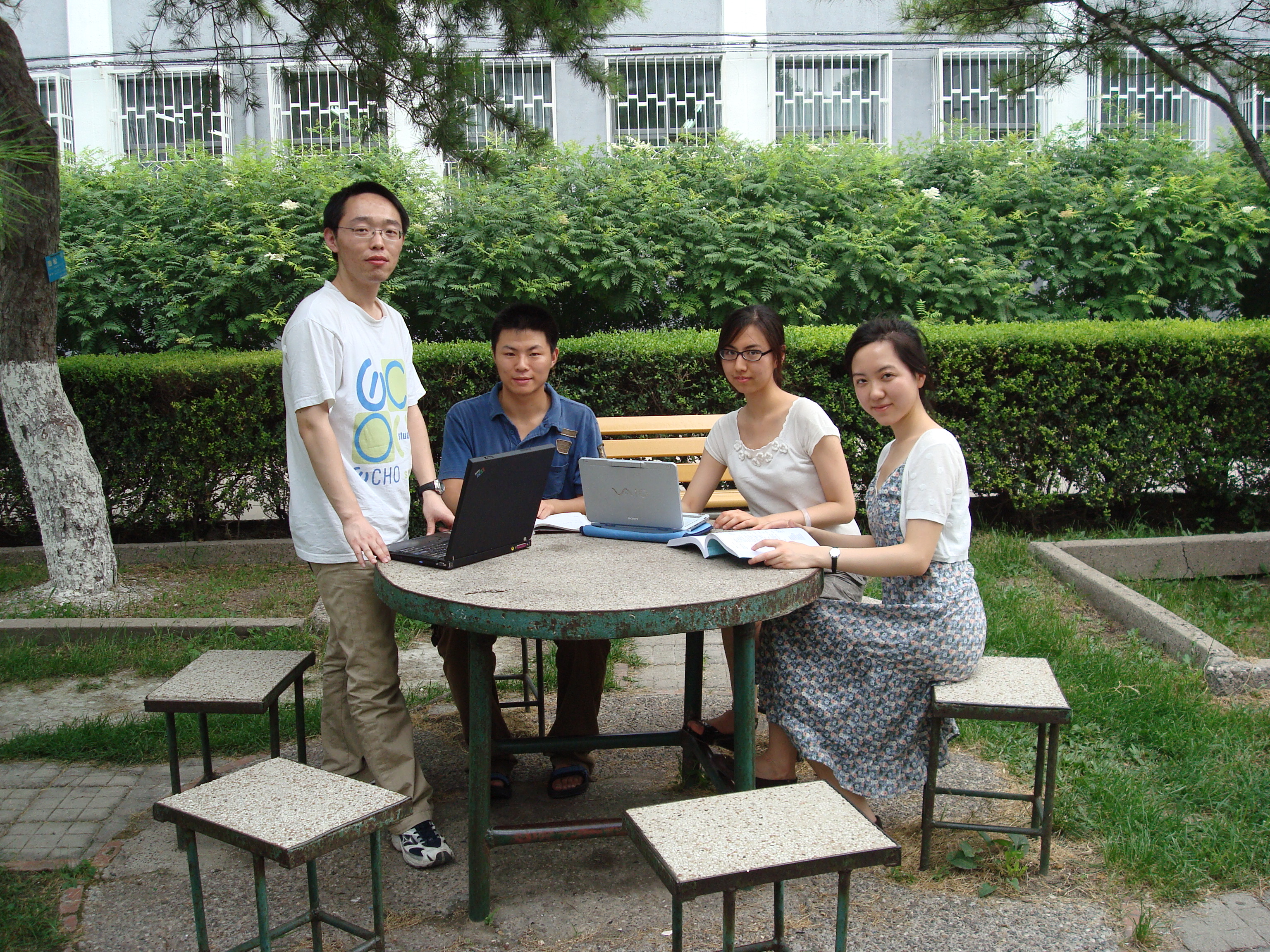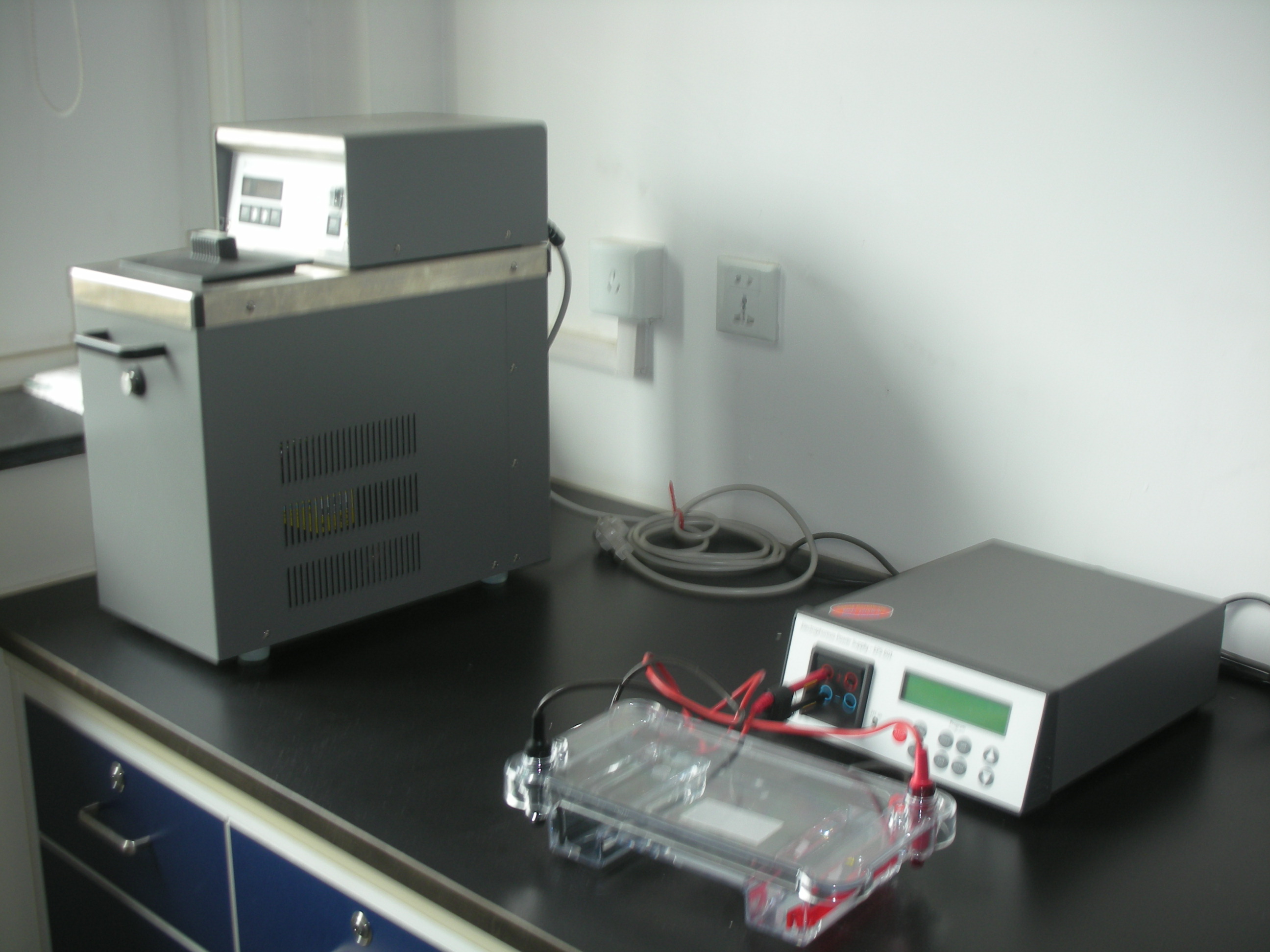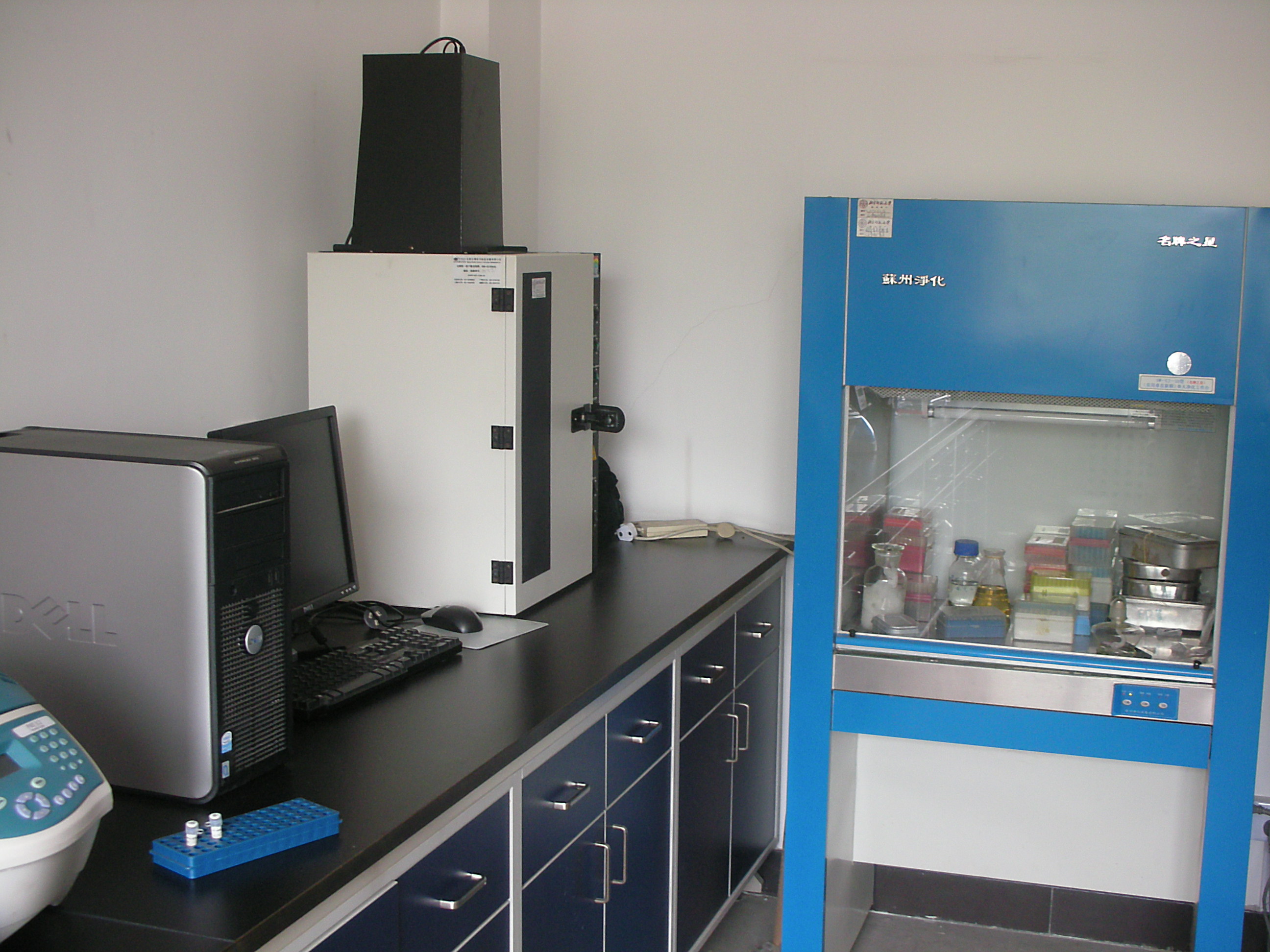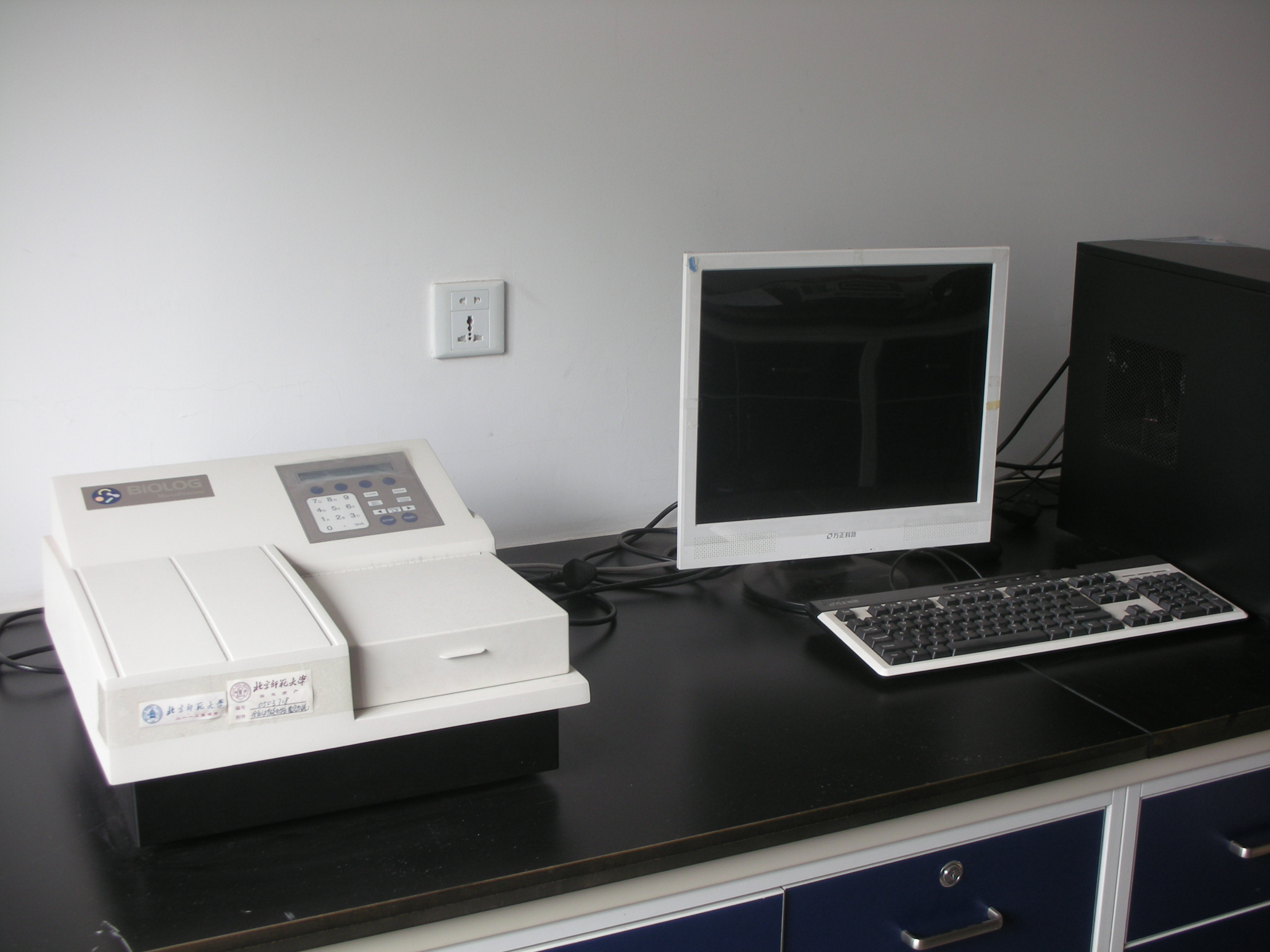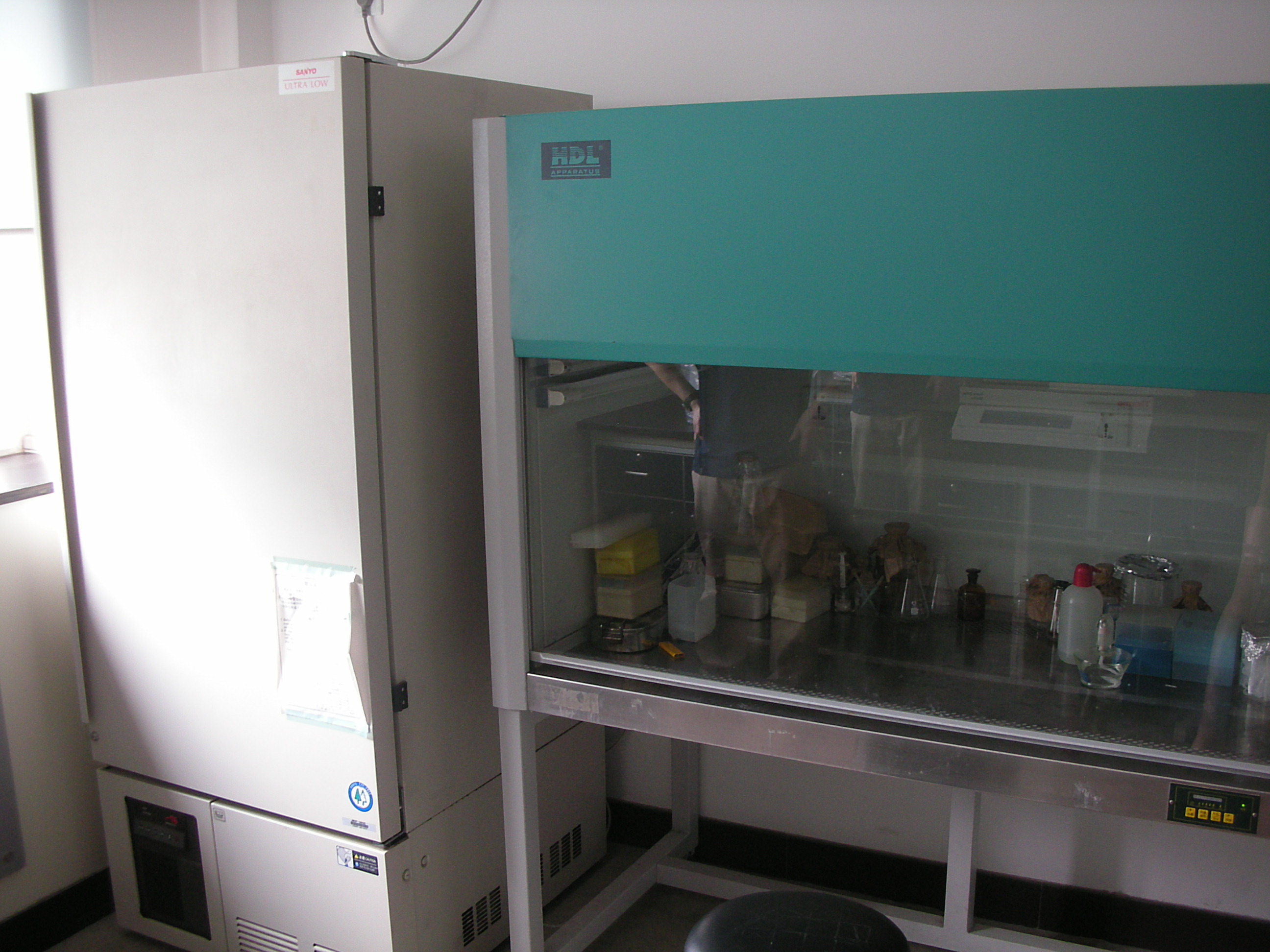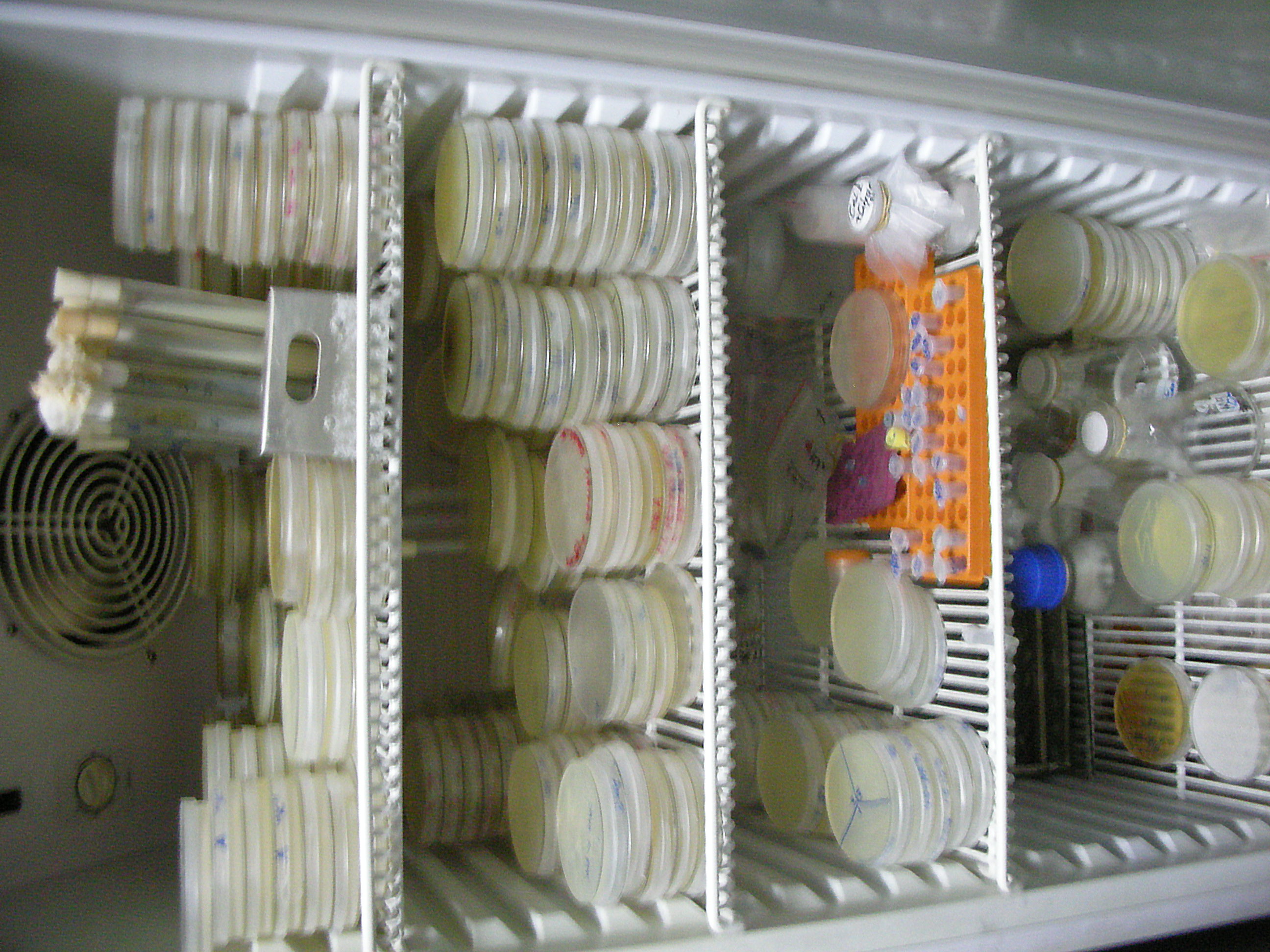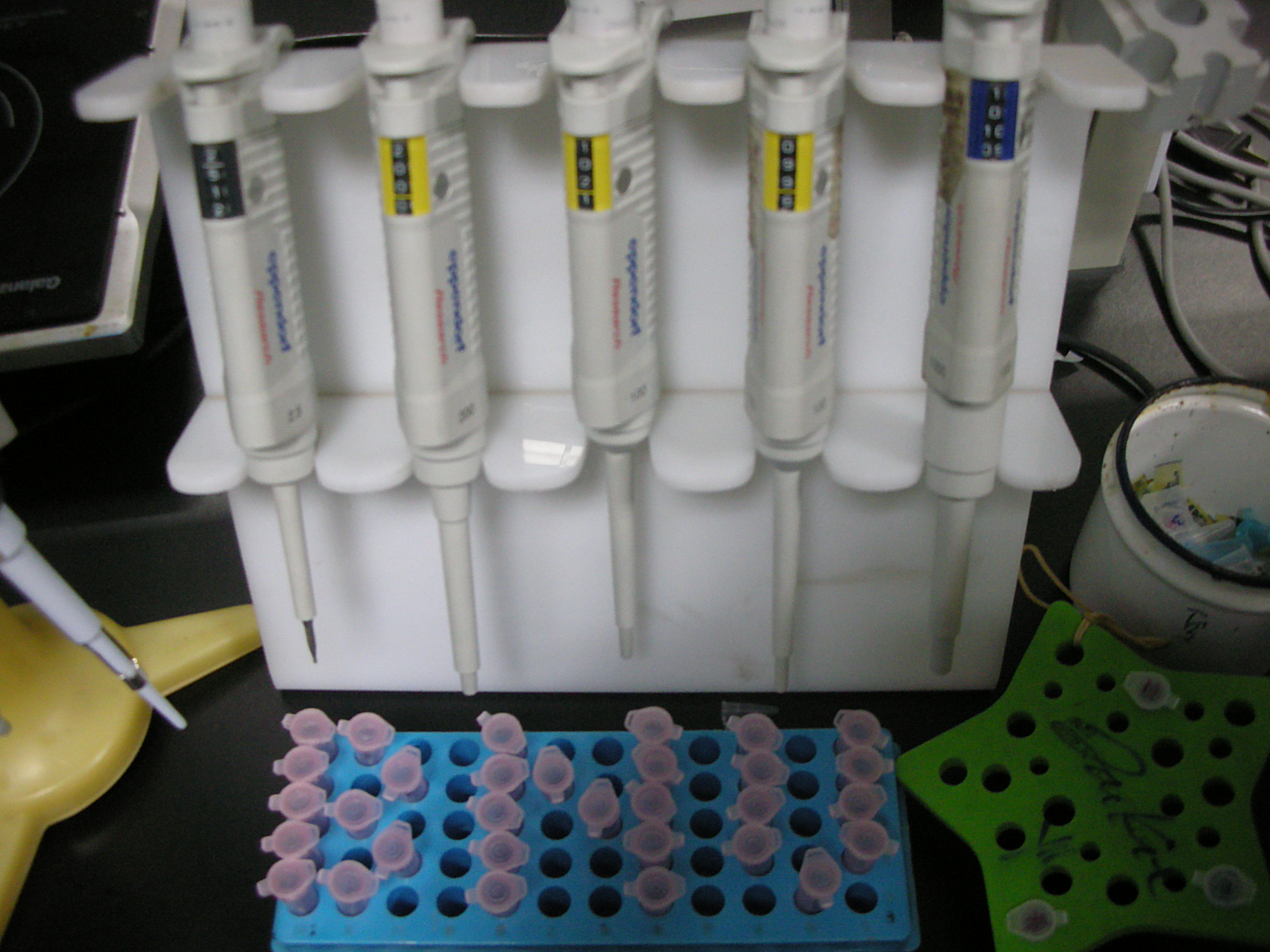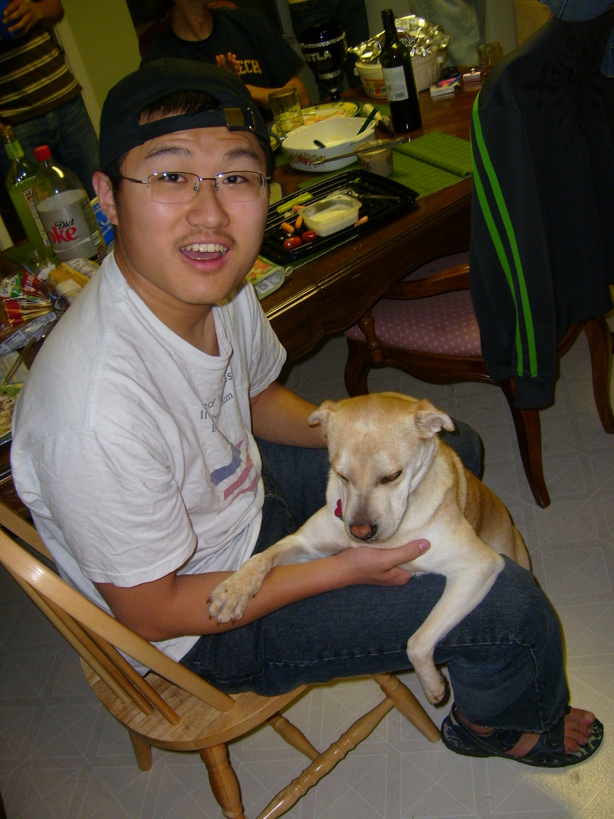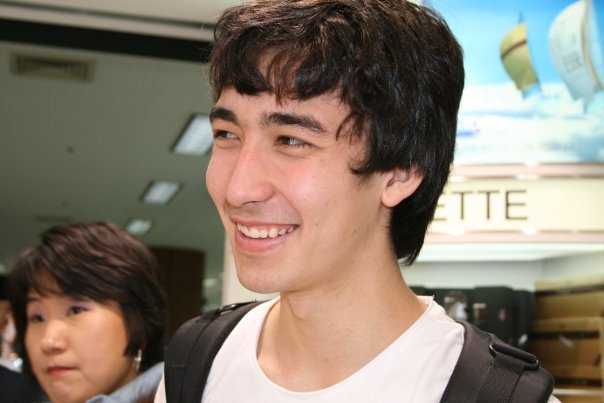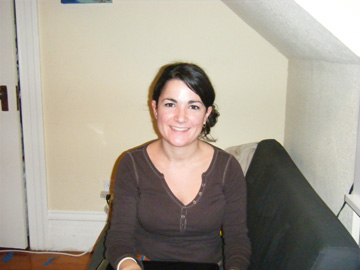Team:Beijing Normal/Team
From 2008.igem.org
| Home | The Team | The Project | Parts Submitted to the Registry | Notebook |
|---|
This is Team Beijing Normal
The logo above is ours. The idea behind the design is that you can see us from a microscope, and it has been magnified 400 times. The person in the middle of the cell is i, one of us. The bulb is our idea, inside a cell.
Our lab
Who we are
|
Students:
|
|
Where we are from
Forrest Sheng Bao is from Dept. of Computer Science and Dept. of Electrical Engineering, Texas Tech University, Texas. He is a master student in Electrical Engineering and PhD candidate in Computer Science. He obtained a bachelor degree in electrical engineering in 2006.
Jingyi Wang is a senior of environmental science and technology, Beijing Normal University.
Ya He is a fourth year student studying Environmental engineering at Beijing Normal University. She had previously spent most of her childhood in Oxford, UK.
Gang Wu graduated from Department of biochemsitry, Nanjing University in 2006.
Sheng Feng is a master student from College of Life science, Beijing Normal University.
Shi Chen is Ph.D candidate of Entomology at Penn. State Univ. Currently he is also a Ph.D dual-degree student majoring Operations Research. His research interests are broad and include animal predation behavior, insect life history analysis, integrated pest management, insect wing venation analysis and water pollution prediction, etc. He likes to use mathematical, statistical and computational techniques to solve real world problems. His extracurricular interests include classical literature, music and photography. He really cherishes this chance of iGEM that I could work with many friends and have great communication with them.
What we have done
Forrest
Forrest Sheng Bao's research interests are in artificial intelligence, medical engineering and bioinformatics. He is very interested in interdisciplinary fields of computing and biology.
</ul> </div> </html>
Jingyi
As a new graduate, Jingyi Wang does not have much experience in research and the program. From Nov. 2007 till now, she is working on the project "Detection of chlorophenols in aqueous phase using an Enzyme Thermistor", which is a China national 863 program. She does research on a laccase enzyme column based biosensor using thermometric measurement to detect chlorophenals pollutants. From May 2007 to Dec. 2007, she was involved in the project "Analysis of the distribution of PAHs in the conservation zone of Huang He estuary", which is a China national 973 project. Her job in the project is sampling, extracting, detecting and analysis PAHs in aqueous phase and solid phase, as well as assessing the ecological risk of the region.
Gang
Gang Wu holds a China software patent "An Automatic System of Leaf Recognition" (NO.2006118213) and has one publication "A Leaf Recognition Algorithm for Plant Classification Using Probabilistic Neural Network", IEEE International Symposium on Signal Processing and Information Technology 2007, p12 - 17, 2007.
From Mar. 2007 till now, he is working on the project "Self-regulatory gene network and new components for gene regulation", His job is to implement the classical Lac regulatory system to design a self-repression genetic switch. Learn the properties of sRNA in regulatory circuit. During Aug.2005 to Sept.2005 and Mar.2007, he utilized an SIRS model to analyze the pollution and decontamination information of past ten years and predict the tendency and quality of water in next twenty years in the project "A water pollution and decontamination model for Yangtze River". From Mar. 2005 to Jun. 2005, he was involved in the project "Microbial degradation of PU (polyurethane)". He collected and selected PU degradation microbes from environment using classical method of microbiology, participator.
Ya
Ya's previous research experience includes chemical engineering and supply chain optimization. She participated in the Hi-tech Research and Development Program of China (No. 2006AA06Z323): Investigating New Methods Using Laccase as Photocatalyst to Degrade Chlorophenols. She was mainly investigating photocatalysis and the synergistic effect of different catalysis reacting in one system. She has also been engaged in research adopting the system approach to achieve the most optimum and sustainable utility of supply chain.
Sheng
From Sept. 2007 till now, Sheng is working on the project "Proteomic Study on Progression and Metastasis of Cancer", directed by Prof. Xueyuan Xiao (Universitis’ Conferderated Institute of Proteomics, Beijing Normal University) to study the tumor bio-markers and their function in progression and metastasis of cancer through proteomics method.
 "
"
